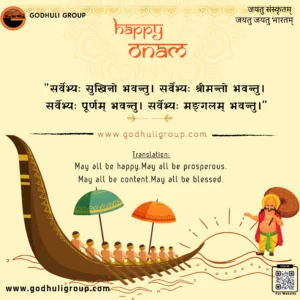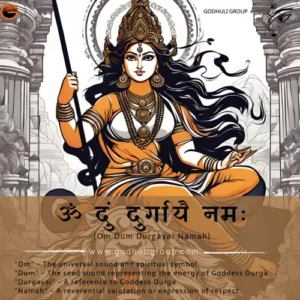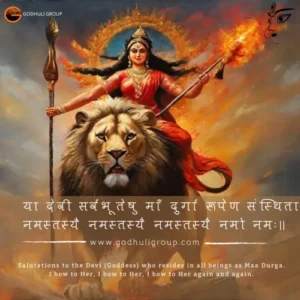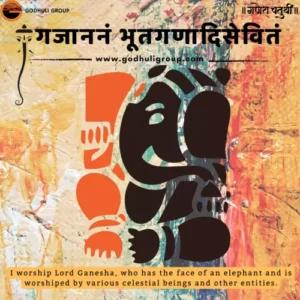The story behind Onam celebration
Onam is a prominent harvest festival and cultural celebration that takes place in Kerala, India. People from all walks of life celebrate it with fervor and grandeur since it is significant both historically and mythological.
Legend of King Mahabali:
The most well-known mythology connected with Onam is the one involving King Mahabali. Hindu legend describes Mahabali as a knowledgeable and kind monarch who controlled the flourishing kingdom of Kerala. His kingdom prospered under his rule, which was characterized by justice and wealth.
But the gods, especially Lord Indra, the ruler of gods, started to be concerned about Mahabali’s popularity and the prosperity of his empire. They feared that Mahabali’s expanding influence may threaten their own hegemony. Lord Vishnu became Vamana, a diminutive Brahmin, in order to remedy this.
Vamana approached Mahabali and requested three-step-able land. The request was granted by the kind Mahabali. Vamana suddenly changed into his heavenly form, traversing the cosmos in three simple stages. Mahabali provided his own head as a location for Vamana to put his foot when there was nowhere left to take the third step.
Mahabali’s humility and devotion moved Lord Vishnu, who bestowed a blessing on him. Mahabali asked to be permitted to travel to his realm once each year. The main focus of the Onam festival is thought to be King Mahabali’s yearly return home.
Onam celebrations:
The ten-day celebration of Onam is referred to as the “Onam festival,” and it usually takes place in the Malayalam month of Chingam (August–September). Traditional dances like the Kathakali are performed, homes are decorated with elaborate floral rangolis called “pookkalam,” and numerous cultural events are carried out.
The Onam Sadya, a traditional feast spread on banana leaves and including a variety of vegetarian cuisine, is the festival’s centerpiece. People from all different communities gather for the Sadya, which stands for diversity and unity. The Vallamkali (snake boat race) and other sports and activities are important components as well.
Symbolism & Spirit:
Onam is more than just a holiday; it represents the values of harmony, fairness, and dedication. It denotes the notion that at this time, homes are ready to receive King Mahabali when he visits his subjects. The huge celebrations unite communities while showcasing Kerala’s rich cultural history.
Onam serves as a reminder of the value of a merciful ruler as well as the significance of humility and dedication. The concept that anybody may gather to rejoice in harmony regardless of rank, caste, or faith is reinforced by this.
Conclusion:
Onam is more than simply a holiday; it is also an expression of Kerala’s rich culture and history, a time to celebrate togetherness, and a chance to reflect on the values of piety and humility that King Mahabali’s life serves to illustrate.




